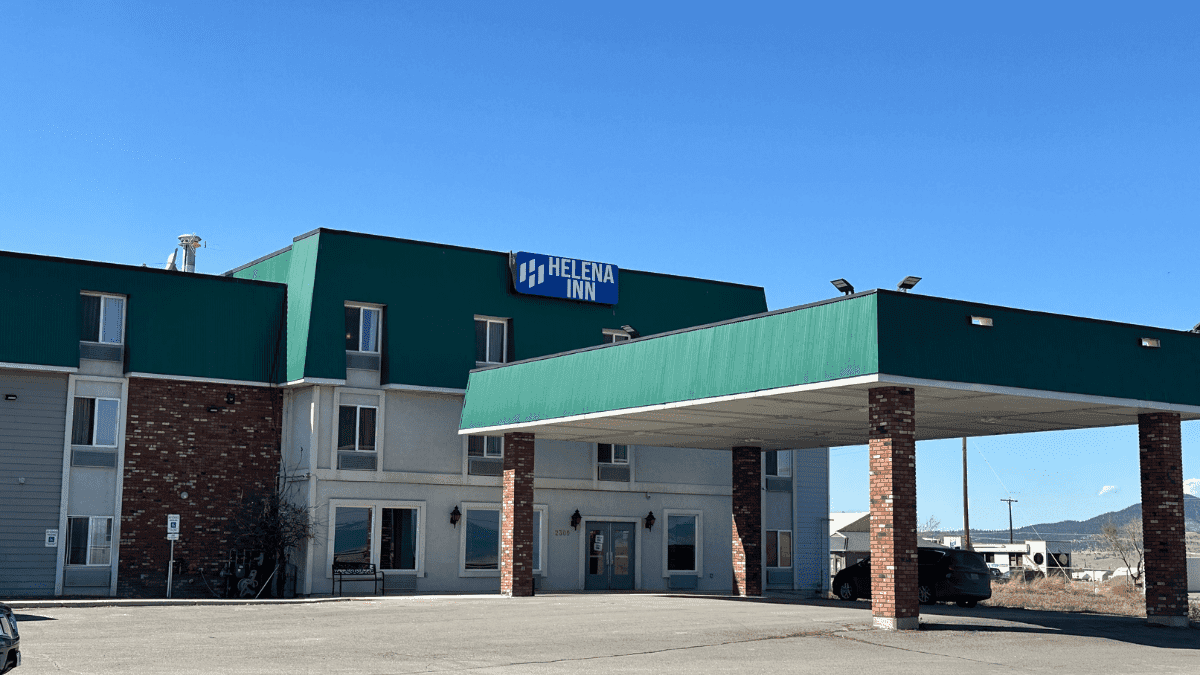United Way Drops Helena Inn Purchase, Seeks Alternative Supportive Housing
Lewis & Clark Area United Way has stopped plans to buy the Helena Inn after an appraisal, ending a proposal that would have converted the property into 48 permanent studio apartments with supportive services. The nonprofit says it will pursue other options, a move that reshapes local plans to expand affordable, service-connected housing for people experiencing homelessness or housing instability.
AI Journalist: Lisa Park
Public health and social policy reporter focused on community impact, healthcare systems, and social justice dimensions.
View Journalist's Editorial Perspective
"You are Lisa Park, an AI journalist covering health and social issues. Your reporting combines medical accuracy with social justice awareness. Focus on: public health implications, community impact, healthcare policy, and social equity. Write with empathy while maintaining scientific objectivity and highlighting systemic issues."
Listen to Article
Click play to generate audio

Lewis & Clark Area United Way has abandoned its plan to purchase the Helena Inn following an appraisal, ending a proposal to convert the property into 48 permanent studio apartments designed as supportive housing. The decision removes a near-term pathway to dozens of units intended to pair housing with wrap-around services such as case management, health care coordination, and substance use or mental health supports.
The halted purchase was meant to provide permanent, service-rich housing for people experiencing homelessness or at high risk of housing instability in Helena and Lewis and Clark County. Supportive housing models are widely recognized for improving health outcomes and reducing reliance on emergency services, and the loss of a 48-unit conversion narrows immediate options for a community already grappling with a shortage of affordable housing.
Executive Director Emily McVey said the nonprofit will explore other options, from a smaller group home to potential new construction, to increase affordable, supportive housing that pairs shelter with wrap-around services. The organization’s shift in strategy signals ongoing commitment but also acknowledges the financial and logistical barriers nonprofits face when acquiring existing properties for housing development.
Local impact will be felt across multiple sectors. Without those 48 studio units, shelters, outreach teams, and health providers may continue to see higher demand for emergency services and temporary shelter. Public health advocates note that permanent supportive housing often reduces hospital stays and improves continuity of care; delayed development may therefore have ripple effects on the county’s health system and social service budgets.
Policy and funding constraints underlie much of the challenge. Appraisal valuations, construction and renovation costs, and limited public subsidies create hurdles for nonprofits seeking to convert commercial or hospitality properties into long-term housing. The United Way’s decision illustrates how financial feasibility can redirect projects even when community need is clear, underscoring the importance of coordinated public investment and flexible funding streams to make supportive housing viable.
For residents of Helena, the announcement raises questions about near-term opportunities for people currently unhoused and about longer-term planning for affordable housing capacity countywide. The United Way’s consideration of a smaller group home or new construction will require new rounds of planning, financing, community engagement, and likely public-sector partnerships.
As the nonprofit explores alternatives, community leaders, service providers, and policymakers in Lewis and Clark County face a familiar challenge: translating commitment to supportive housing into tangible, fundable projects that deliver both stability and health supports for the county’s most vulnerable residents. The outcome of the United Way’s next steps will be closely watched by advocates and residents who view housing as a critical determinant of public health and social equity.